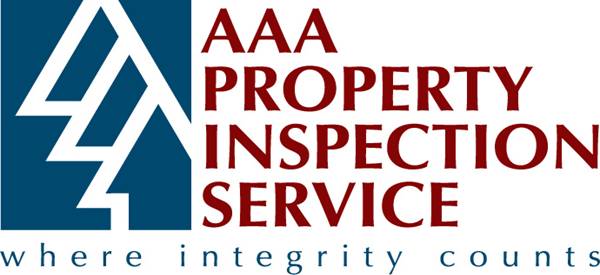
Electrical Safety
We use electricity in almost all areas of our day-to-day life and it is very easy to forget that electricity is dangerous! What brings us modern conveniences that light the darkness, powers our air conditioning and cooks our dinner also has the capability to electrocute us and catch our house on fire.
Over 400 Americans are electrocuted each year using common consumer products (appliances) and over 170,000 house fires are caused by electrical causes.
A few recommendations for electrical safety:
- Extension cords are for temporary use! That means 60 days or less! If an electrical appliance (lights, space heaters, fans, etc.) is being used for longer than 60 days, consider adding an electrical receptacle or rearranging the appliance closer to the nearest outlet , thus eliminating the need for an extension cord.
- Replace any cracked electrical cords or cords that are frayed or stiff. Cord insulation (outer covering) becomes brittle over time and, once cracked or frayed, can expose the electrical wires. Exposed wiring, especially when small children are present, is a recipe for disaster. Children play on the floor close to electrical cords and are more prone to receive a shock from these wires.
- Don’t bury electrical cords under rugs or carpets! Any casual foot traffic over carpet where cords are buried can damage the cord, creating a dead short, spark or a fire.
- Immediately unplug ANY electrical appliance that shocks you. Have a professional inspect and repair the item before using. This is especially true if there are metal parts on the appliance. In a “worst-case” scenario, a “hot” wire can use you to complete the electrical circuit, resulting in a bad shock or even death!
- If you smell an acrid “burning electrical “smell, check for warm or hot-to-the-touch switches or receptacles. If you find hot or warm outlets, hire a qualified electrician to inspect and repair the faulty wiring. This is a job for a qualified professional, not an amateur or weekend warrior.
By using a little common sense, we all can take advantage of the benefits of a modern electrical lifestyle and make sure to retain the services of a qualified, professional home inspector by using a Certified CREIA Inspector member to do a thorough, independent visual examination of the physical structure and systems of a home.
Since 1976, CREIA, a non-profit voluntary membership organization has been providing education, training, and support services to the real estate inspection industry and to the public. Inspectors must adhere to CREIA's Code of Ethics and follow the Standards of Practice developed by the association. These Standards of Practice have been recognized by the State of California, and are considered the source for Home Inspector Standard of Care by the real estate and legal communities.
Rick Sailors- CCI, Owner/Inspector
President: CREIA-AV Chapter 2007-present
P- 661-965-2013
aaainspect@gmail.com